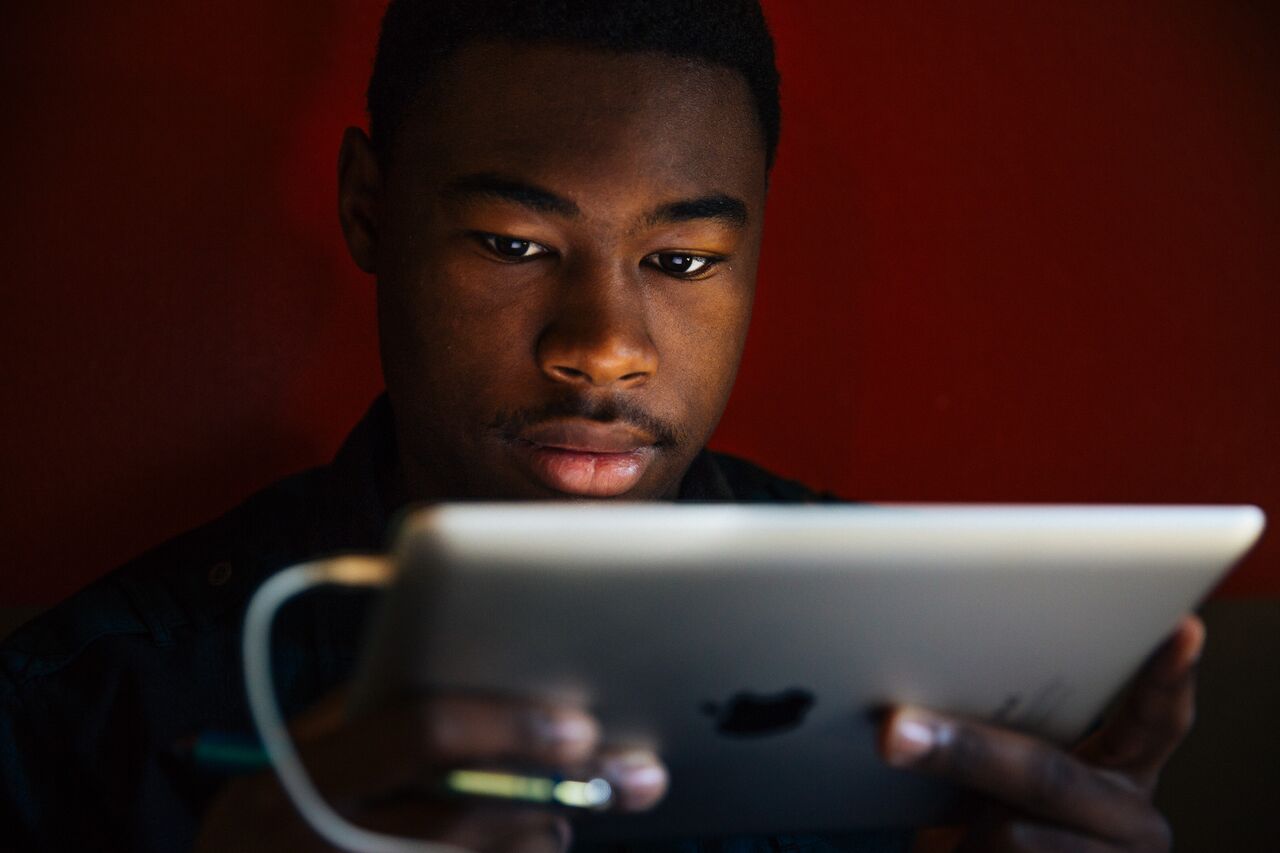
Trusted Information Providers
In this era of “alternative facts,” ready access to trustworthy sources is critical. Open Libraries will help bridge the informational divide through one of society’s most trusted institutions—the public library. By bringing library books online, we empower journalists, educators and editors while grounding readers in the vetted, published record.
Meanwhile, our online reading habits are increasingly monitored and monetized. If you buy a book about horses, you can expect that horse-related products will soon be displayed everywhere you go online. For-profit companies have a commercial interest in tracking everything you do online.
In stark contrast to for-profit platforms, libraries are dedicated to reader privacy. Libraries carefully choose the information they store about their patrons, and can remove all record of a loan when the borrowing period has expired.
For many of the people who visit US libraries 1.5 billion times each year, the public library has become their sole lifeline to trustworthy information—a place that is free of paywalls, respects their privacy, and never sells their personal information.
Librarians worry, with some reason, about what protections readers will have when the police come calling for information about the books they have checked out…Their fear is justified: for-profit firms may not stand as firm as libraries would in the face of state pressure.
- 2.7M books digitized
- 319.5M books downloaded in 2017
- 272 partner libraries
Even at times when our university library has been stumped by the task of locating certain texts, your archive pops up in the third, fourth page of Google … Twice now I’ve been seconds away from the ‘pay now’ button for train tickets to London just to search the British library when I’ve thought to look here instead; and both times you delivered. And – more than anything – it’s made me realise how keen Google is to send me to sites with advertising, even when this is clearly what I’m looking for!

Andi Wong
Educator & explorer
As an educator, Andi Wong encourages every student to be curious—to never stop asking questions. And she models what she teaches: Andi is is the ultimate lifelong learner, constantly exploring technology, art, and the way subjects interrelate. One of her most critical lessons in the digital age is how to understand the invisible messages in online content. “I try to teach students to not automatically accept a single source as truth, but to check multiple sources and ask lots of questions,” Andi says. “So much of technology is about getting an answer faster. I love to teach kids to go deeper.”